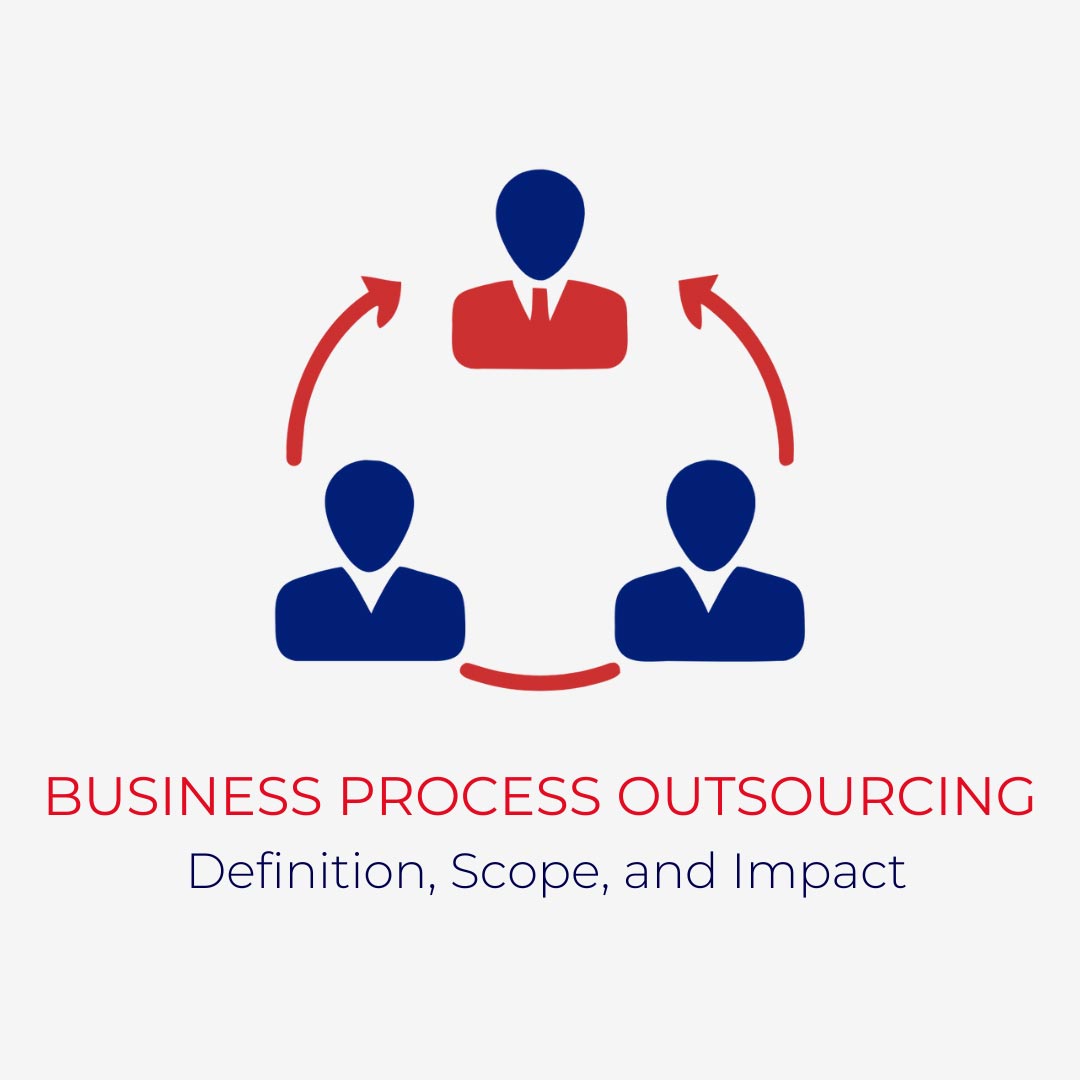Overview:
- The definition and significance of business process outsourcing
- The steps companies take to outsource
- The advantages of hiring BPO
- Some examples of BPO
With business industries’ exponential growth, hiring a Business Process Outsourcing (BPO) company to oversee all business operations has become widespread. This can enhance and sustain a company’s business success.
Understanding the meaning of BPO and its intricacies is crucial for organizations to stand out.
What is Business Process Outsourcing?
Business Process Outsourcing is contracting a company to manage your back-office tasks like HR. Or front-line functions that directly engage with clients. There are companies worldwide especially devoted to outsourcing strategies that help businesses and organizations achieve more productivity and eventually, success.
Initially, this practice was predominantly adopted by manufacturing firms, but it has since broadened its reach. Finding applications across diverse industries such as banking and healthcare. The global reach of BPO is imperative. For instance, an American company can work with an overseas provider in Indonesia.

How to Outsource
To outsource a business department. A company goes through a meticulous process starting with recognizing the need for BPO. It involves realizing the benefits of partnering with a BPO company to expand operations. The second step is researching potential BPO companies specializing in the specific functions your business requires.
Afterward, the role of reaching out to the eligible prospects comes into play. This involves contacting the companies that meet your requirements to discuss further steps for contracting. Finally, you decide on a primary company that aligns with your business’s unique needs.

3 Benefits of Business Process Outsourcing
Among the many benefits of BPO are leveraging innovative technologies and access to top talent. Here is a closer look at each one of some of the benefits:
1. Cutting Edge Technology
Because of intense competition, BPO companies often specialize in a single business function, such as HR or customer service. Therefore, they allocate all their resources to adopting the latest and most advanced technologies within this function.
This grants companies access to the latest technologies and innovations that they may otherwise find financially challenging.
2. Access to Top Talent
To stand out, BPO companies recruit top-tier talent across various departments, including HR and marketing. So, businesses that hire their services can benefit from top-notch expertise in managing their respective departments as well.
3. Cost Saving
Many BPO companies operate across various countries worldwide. Thus, businesses can engage a BPO located in a country with lower corporate income and tax rates than their own. Resulting in savings on resources and efforts.
3 Types of BPO
This section explains significant examples of BPO such as customer service, marketing, and payroll, and how organizations can leverage them.
1. Customer Service Outsourcing
To ensure quality representation and experience, customer service is an essential part of any business. To address the customer’s questions and solve any issues they are experiencing, customer call agents should possess the following qualities:
- Professionality
- Competence
- Clarity and conciseness
- Interpersonal communication
Many small companies cannot be available 24/7 for their customer’s inquiries. Therefore, they rely on call centers equipped with the needed talents.
2. Supply Chain Management Outsourcing
Supply chain management is the monitoring and managing of making products starting from receiving raw materials to having the final products. Upon receiving raw materials from multiple sources, they are sent to manufacturers. Once the final products are ready, they are sent to distributors.
Supply chain managers are responsible for protecting resources once they arrive and minimizing extra storage costs.
Supply chain management is a nuanced process. It can waste the company’s profits in case of improper execution of any critical step. An experienced BPO in supply chain management is needed to mitigate such risks and manage the process seamlessly.
3. Marketing Outsourcing
Marketing is the vital message connecting a brand with the critical needs of customers, significantly impacting business success in return.
BPO companies leverage marketing strategies to enhance product or service awareness. Delivering brand communications tailored precisely to meet the unique needs and inclinations of customers. Ultimately resulting in heightened sales.

Conclusion:
The Business Process Outsourcing sector is expanding rapidly, offering unparalleled efficiency and flexibility. In light of these distinct features of BPO, you must take the appropriate steps when considering and selecting a BPO provider. This will help you concentrate on core competencies and accelerate your business.
FAQs:
Are there other names for Business Process Outsourcing?
Other names for BPO include information technology-enabled services (ITES), externalization, and subcontracting.
What are the 4 types of BPO?
The 4 types are process-specific outsourcing, professional outsourcing, and operational outsourcing.
What are some examples of Outsourcing?
Examples of BPO include IT management, customer service, and accounting.


